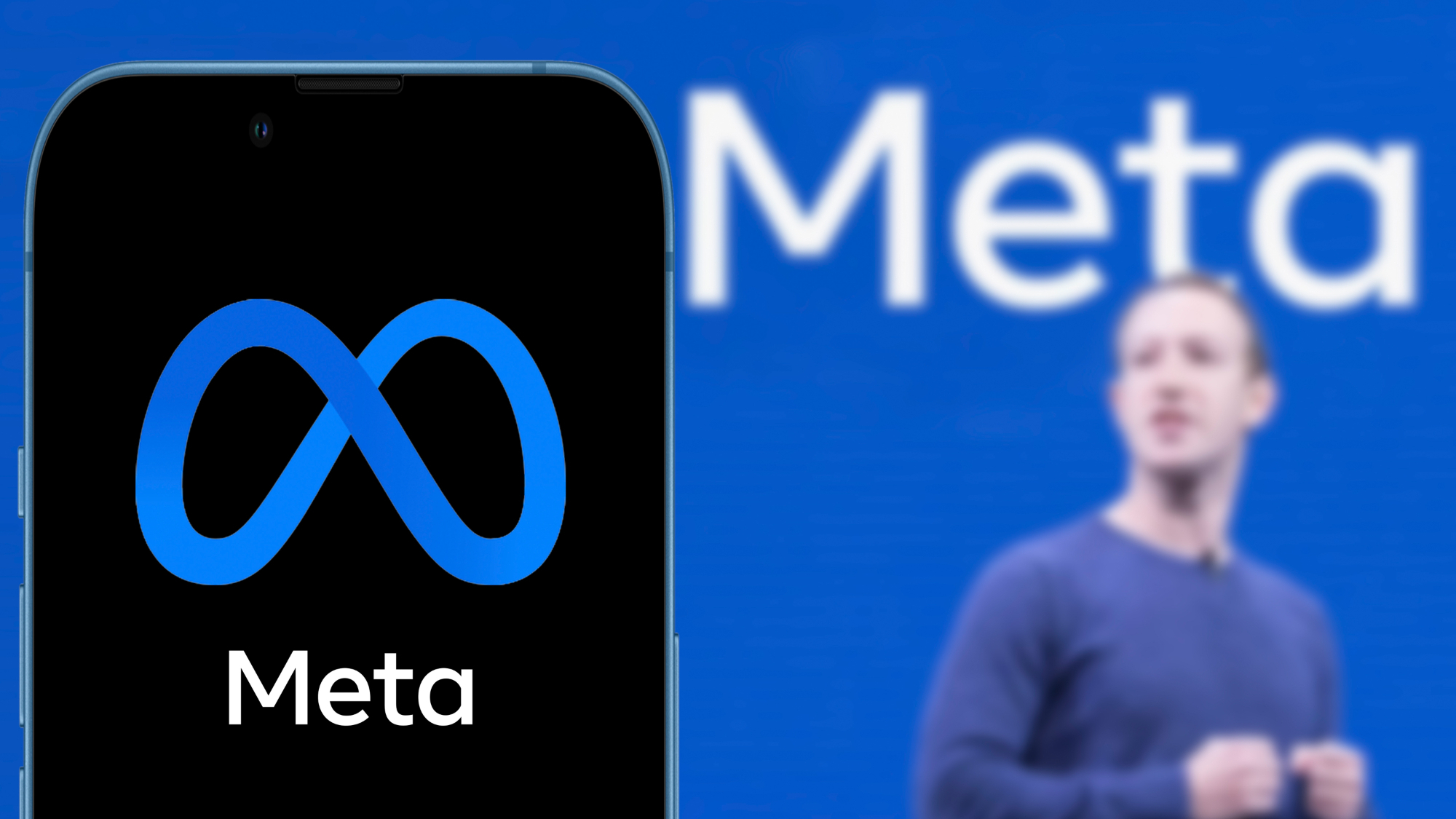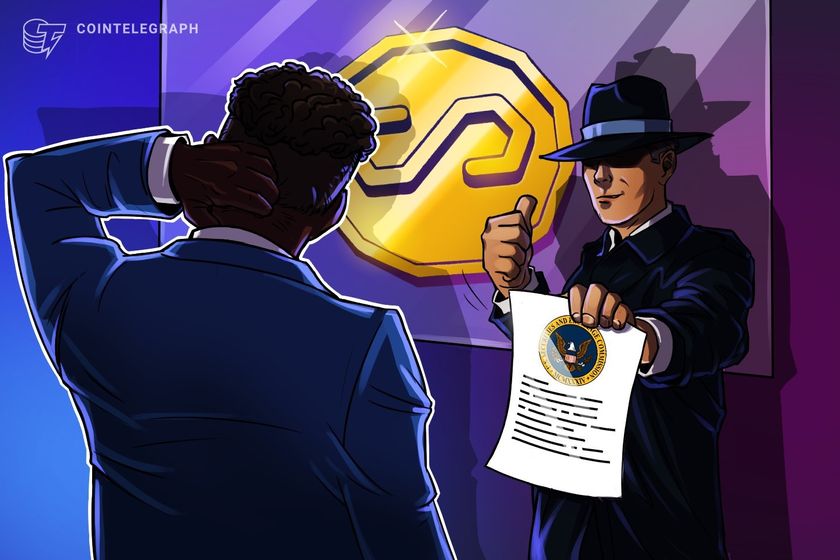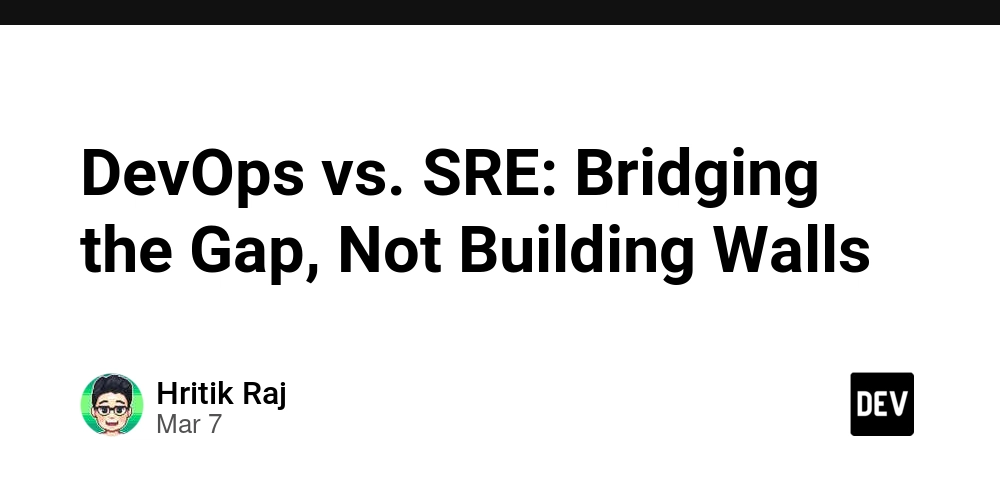Level Up Your Dev Career: The Ultimate Guide to Mentorship
So you're a developer, maybe just starting out, maybe a few years in, maybe even a seasoned veteran. Regardless of where you are on your journey, one thing remains consistently crucial for growth: mentorship. But what exactly is mentorship? It's more than just getting help with a bug. It's a dynamic, evolving relationship between an experienced developer (the mentor) and someone looking to enhance their skills and career (the mentee). Think of it as a guided ascent up the developer mountain, with a seasoned climber leading the way. Mentorship vs. Coaching: What's the Difference? While both are invaluable, they have distinct focuses: Mentorship: Sharing knowledge, skills, and experience to foster overall development and growth. It's about learning the ropes, navigating the industry, and building a strong foundation. Coaching: Focusing on specific goals and helping you reach your full potential. It's more about optimizing your performance in a targeted way. Mentorship in Action: From Onboarding to Code Reviews Mentorship takes many forms. You've likely experienced it already: Onboarding Buddies: That friendly face who showed you the ropes on your first day, helping you navigate the company culture and internal systems. A fantastic, structured introduction to mentorship! Informal Mentorship: Happening organically through daily collaborations and code reviews. Learning from senior devs through observation and feedback. But what about formal mentorship? This is where you intentionally seek out a mentor and establish a structured learning relationship, often involving regular meetings and focused goal setting. Why Bother with Formal Mentorship? You might be thinking, "I get plenty of informal mentorship – why bother with the extra effort?" While informal mentorship is great, formal mentorship offers: Targeted Growth: Focused learning on specific skills or areas you want to improve. Structured Development: A roadmap for your career progression. Accountability: Regular check-ins help you stay on track and achieve your goals. Wider Perspective: Learn from someone with a different experience and background. Kickstarting Your Mentorship Journey: The First Meeting Ready to find your guide? Here's how to approach a potential mentor and make the most of that initial meeting: Prepare: Have a clear understanding of your goals and what you hope to gain from the mentorship. Be Open: Share your background, aspirations, and any challenges you're facing. Remember, it's a two-way street; a good mentor will also benefit from the relationship. Define Roles & Expectations: Discuss responsibilities and what you both can contribute. Establish a Schedule: Set up regular meetings (e.g., bi-weekly for 30-60 minutes). Plan for Communication: Decide how you'll communicate between meetings (e.g., occasional quick questions). Set Short-Term Goals: Focus on achievable milestones for the next month. Agree on Evaluation Metrics: How will you measure the success of the mentorship? Address Potential Challenges: Be upfront about any obstacles that might arise. Mentees: Maximizing Your Mentorship To get the most out of your mentorship, come prepared to each meeting with: Key Updates: Briefly highlight your progress since the last meeting. Action Item Reflections: Discuss the results of tasks or projects discussed in previous meetings. Current Challenges: Identify specific obstacles and brainstorm solutions with your mentor. Recent Successes: Share your achievements and discuss what went well (and what could be improved). Mentors: Guiding the Way Being a great mentor isn't about providing all the answers. It's about empowering your mentee to find their own solutions. Focus on: Active Listening: Truly hear your mentee's concerns and perspectives. Context & Perspective: Share your experiences and provide guidance, but avoid giving away answers. Supportive Feedback: Encourage growth and build confidence. Mentorship Across the Organization Mentorship is a powerful tool for individual growth and organizational success. Managers can foster a culture of mentorship by: Facilitating Connections: Match mentors and mentees based on skills and experience. Recognizing the Time Commitment: Allocate time for mentoring in employees' schedules. Leading by Example: Actively participate in mentoring programs. Integrating Mentorship into Performance Reviews: Acknowledge and reward mentoring contributions. Remote Mentorship: Bridging the Distance Even with remote work, effective mentorship is possible. Utilize video calls, shared documents, and online collaboration tools to maintain a strong connection. Finding Your Mentor: Where do you find this invaluable guide? Your Company: Look for experienced colleagues who inspire you. Online Communities: Many online platforms connect mentors and mentees. Local Meetups: Network with developers in your area. Alumni Networks: Conn
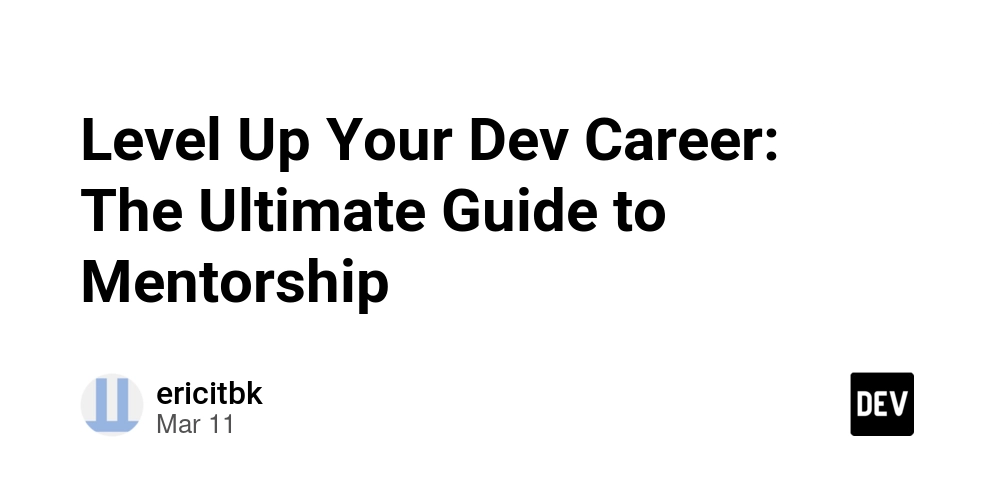
So you're a developer, maybe just starting out, maybe a few years in, maybe even a seasoned veteran. Regardless of where you are on your journey, one thing remains consistently crucial for growth: mentorship.
But what exactly is mentorship? It's more than just getting help with a bug. It's a dynamic, evolving relationship between an experienced developer (the mentor) and someone looking to enhance their skills and career (the mentee). Think of it as a guided ascent up the developer mountain, with a seasoned climber leading the way.
Mentorship vs. Coaching: What's the Difference?
While both are invaluable, they have distinct focuses:
- Mentorship: Sharing knowledge, skills, and experience to foster overall development and growth. It's about learning the ropes, navigating the industry, and building a strong foundation.
- Coaching: Focusing on specific goals and helping you reach your full potential. It's more about optimizing your performance in a targeted way.
Mentorship in Action: From Onboarding to Code Reviews
Mentorship takes many forms. You've likely experienced it already:
- Onboarding Buddies: That friendly face who showed you the ropes on your first day, helping you navigate the company culture and internal systems. A fantastic, structured introduction to mentorship!
- Informal Mentorship: Happening organically through daily collaborations and code reviews. Learning from senior devs through observation and feedback.
But what about formal mentorship? This is where you intentionally seek out a mentor and establish a structured learning relationship, often involving regular meetings and focused goal setting.
Why Bother with Formal Mentorship?
You might be thinking, "I get plenty of informal mentorship – why bother with the extra effort?" While informal mentorship is great, formal mentorship offers:
- Targeted Growth: Focused learning on specific skills or areas you want to improve.
- Structured Development: A roadmap for your career progression.
- Accountability: Regular check-ins help you stay on track and achieve your goals.
- Wider Perspective: Learn from someone with a different experience and background.
Kickstarting Your Mentorship Journey: The First Meeting
Ready to find your guide? Here's how to approach a potential mentor and make the most of that initial meeting:
- Prepare: Have a clear understanding of your goals and what you hope to gain from the mentorship.
- Be Open: Share your background, aspirations, and any challenges you're facing. Remember, it's a two-way street; a good mentor will also benefit from the relationship.
- Define Roles & Expectations: Discuss responsibilities and what you both can contribute.
- Establish a Schedule: Set up regular meetings (e.g., bi-weekly for 30-60 minutes).
- Plan for Communication: Decide how you'll communicate between meetings (e.g., occasional quick questions).
- Set Short-Term Goals: Focus on achievable milestones for the next month.
- Agree on Evaluation Metrics: How will you measure the success of the mentorship?
- Address Potential Challenges: Be upfront about any obstacles that might arise.
Mentees: Maximizing Your Mentorship
To get the most out of your mentorship, come prepared to each meeting with:
- Key Updates: Briefly highlight your progress since the last meeting.
- Action Item Reflections: Discuss the results of tasks or projects discussed in previous meetings.
- Current Challenges: Identify specific obstacles and brainstorm solutions with your mentor.
- Recent Successes: Share your achievements and discuss what went well (and what could be improved).
Mentors: Guiding the Way
Being a great mentor isn't about providing all the answers. It's about empowering your mentee to find their own solutions. Focus on:
- Active Listening: Truly hear your mentee's concerns and perspectives.
- Context & Perspective: Share your experiences and provide guidance, but avoid giving away answers.
- Supportive Feedback: Encourage growth and build confidence.
Mentorship Across the Organization
Mentorship is a powerful tool for individual growth and organizational success. Managers can foster a culture of mentorship by:
- Facilitating Connections: Match mentors and mentees based on skills and experience.
- Recognizing the Time Commitment: Allocate time for mentoring in employees' schedules.
- Leading by Example: Actively participate in mentoring programs.
- Integrating Mentorship into Performance Reviews: Acknowledge and reward mentoring contributions.
Remote Mentorship: Bridging the Distance
Even with remote work, effective mentorship is possible. Utilize video calls, shared documents, and online collaboration tools to maintain a strong connection.
Finding Your Mentor:
Where do you find this invaluable guide?
- Your Company: Look for experienced colleagues who inspire you.
- Online Communities: Many online platforms connect mentors and mentees.
- Local Meetups: Network with developers in your area.
- Alumni Networks: Connect with former classmates or colleagues.
Level Up Your Dev Career - Embrace Mentorship!
Mentorship isn't just beneficial; it's essential for growth and fulfillment in a dynamic field like software development. Whether you're seeking a mentor or stepping up to guide others, embrace the power of mentorship – it's a win-win for everyone involved. Now go out there and find your guide!













































































































































































![[The AI Show Episode 142]: ChatGPT’s New Image Generator, Studio Ghibli Craze and Backlash, Gemini 2.5, OpenAI Academy, 4o Updates, Vibe Marketing & xAI Acquires X](https://www.marketingaiinstitute.com/hubfs/ep%20142%20cover.png)














































































































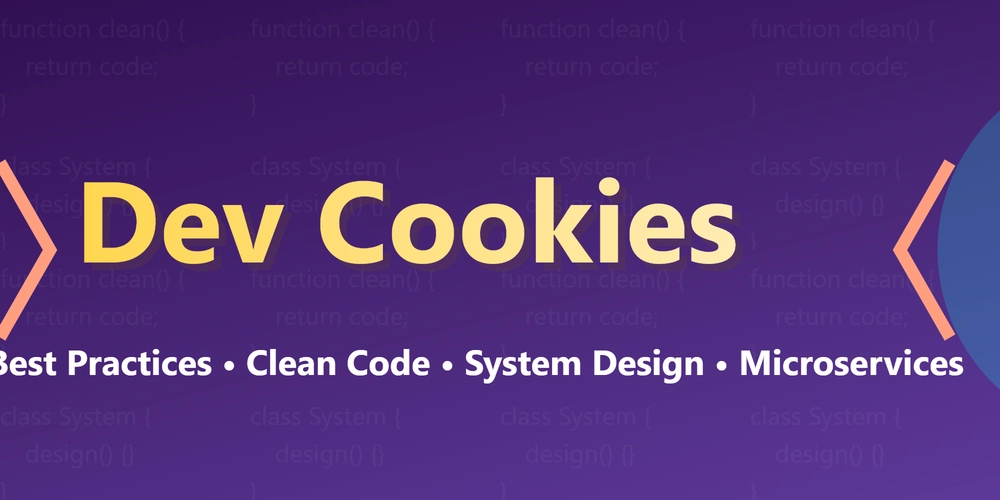
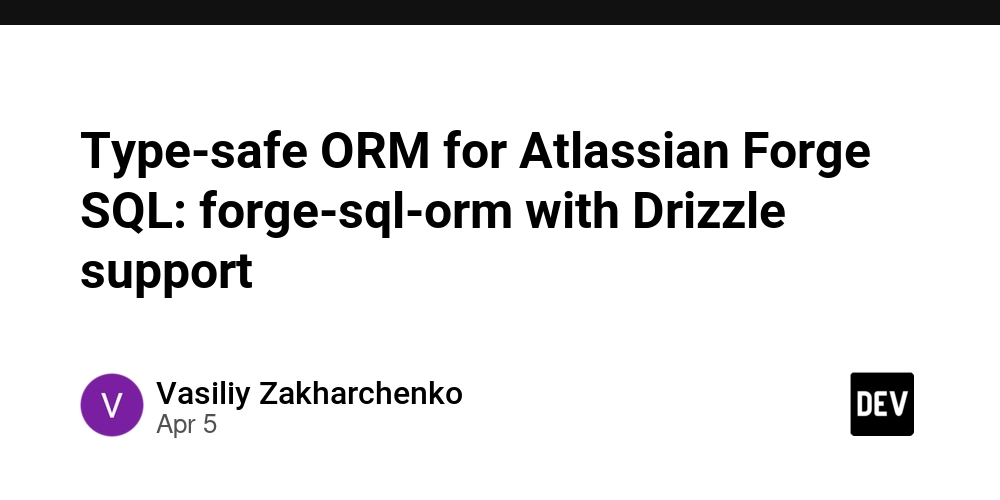
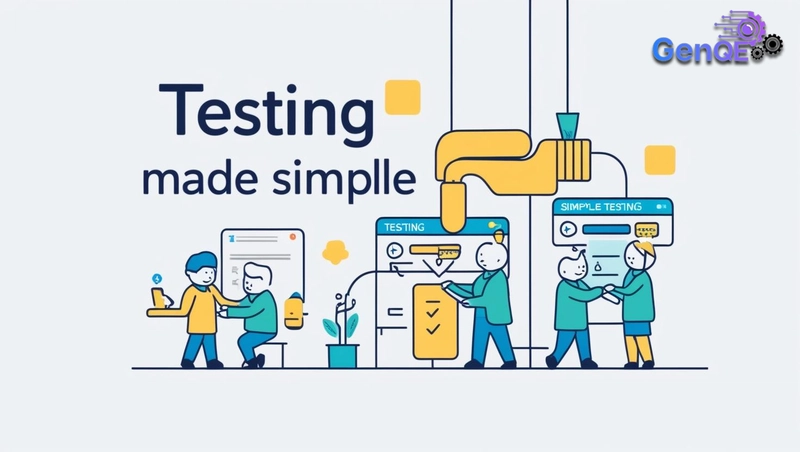
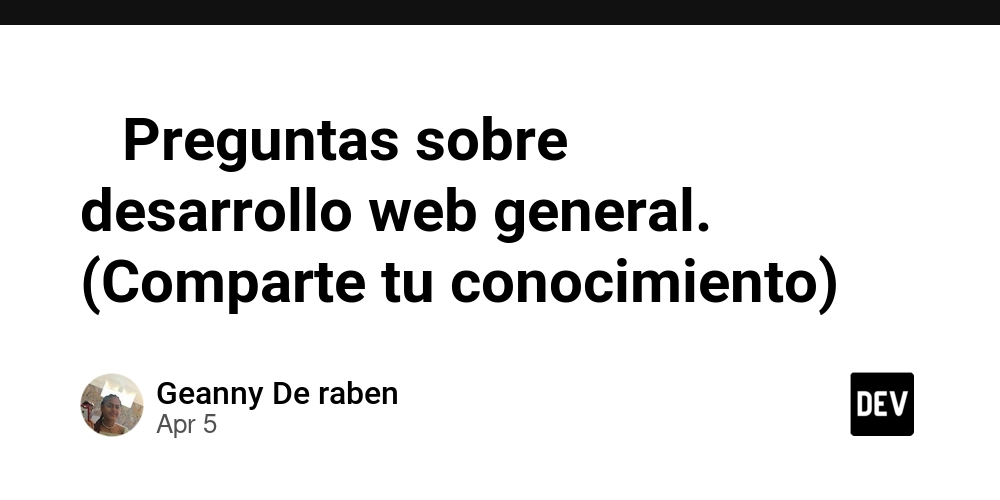









![[FREE EBOOKS] The Kubernetes Bible, The Ultimate Linux Shell Scripting Guide & Four More Best Selling Titles](https://www.javacodegeeks.com/wp-content/uploads/2012/12/jcg-logo.jpg)



![From drop-out to software architect with Jason Lengstorf [Podcast #167]](https://cdn.hashnode.com/res/hashnode/image/upload/v1743796461357/f3d19cd7-e6f5-4d7c-8bfc-eb974bc8da68.png?#)





































































































.png?#)





.jpg?#)
































_Christophe_Coat_Alamy.jpg?#)






















































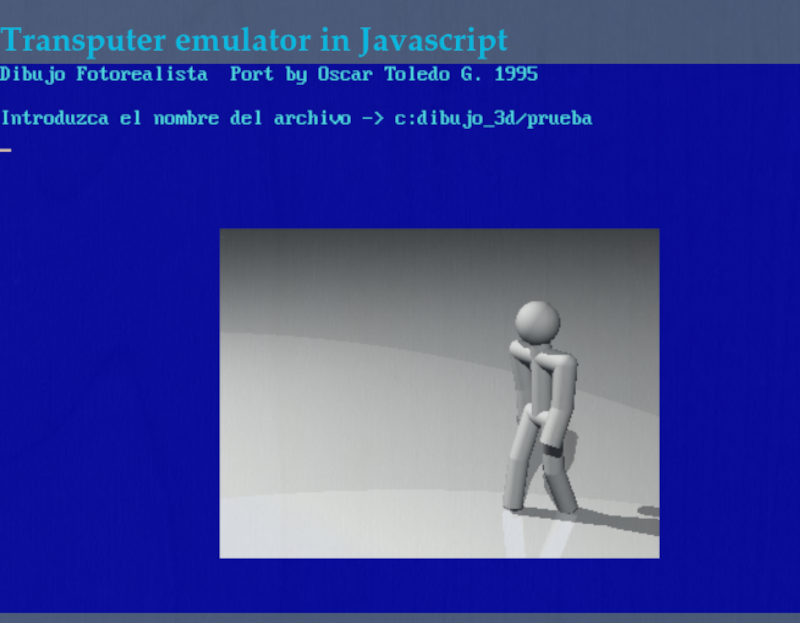































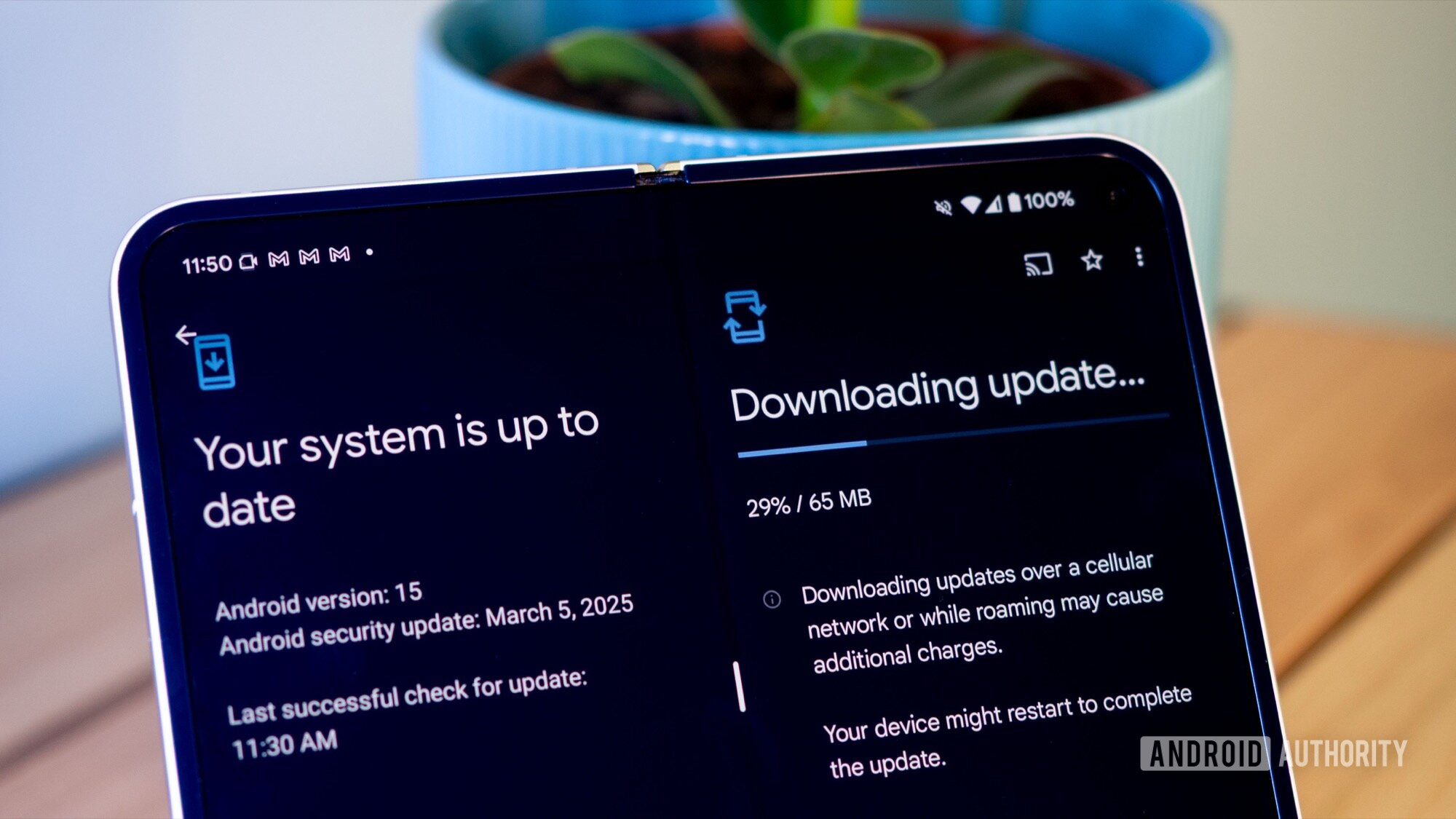



















![Rapidus in Talks With Apple as It Accelerates Toward 2nm Chip Production [Report]](https://www.iclarified.com/images/news/96937/96937/96937-640.jpg)




















